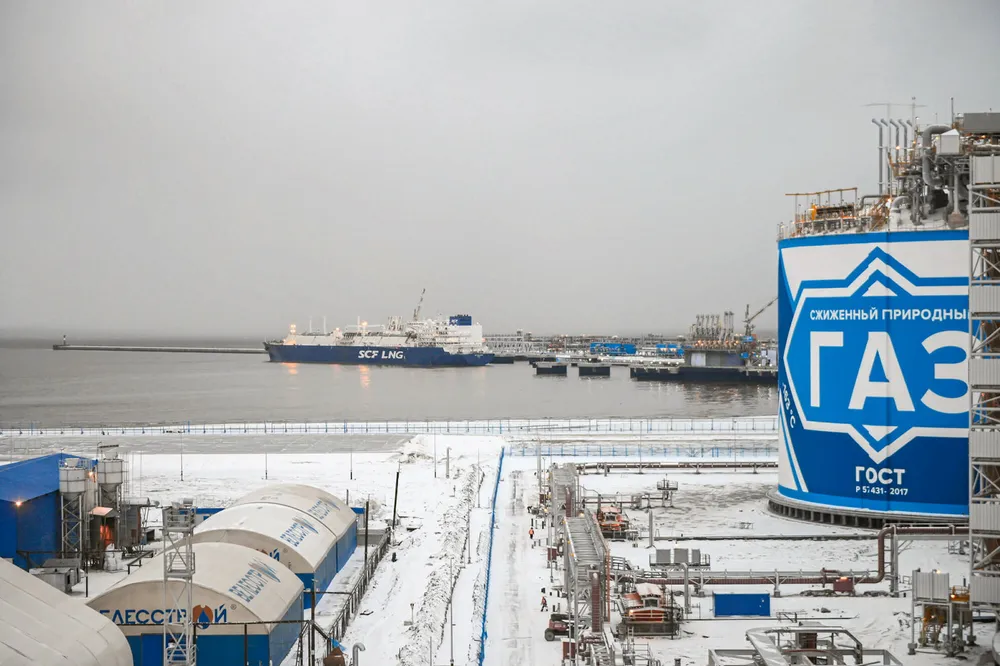Future for gas is hotly contested as prices and temperatures soar
Historically, the natural gas industry has responded to high demand and prices by building more capacity, but it faces formidable challenges today

Historically, the natural gas industry has responded to high demand and prices by building more capacity, but it faces formidable challenges today
